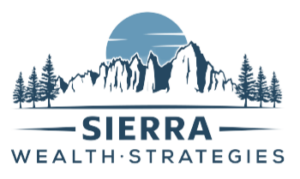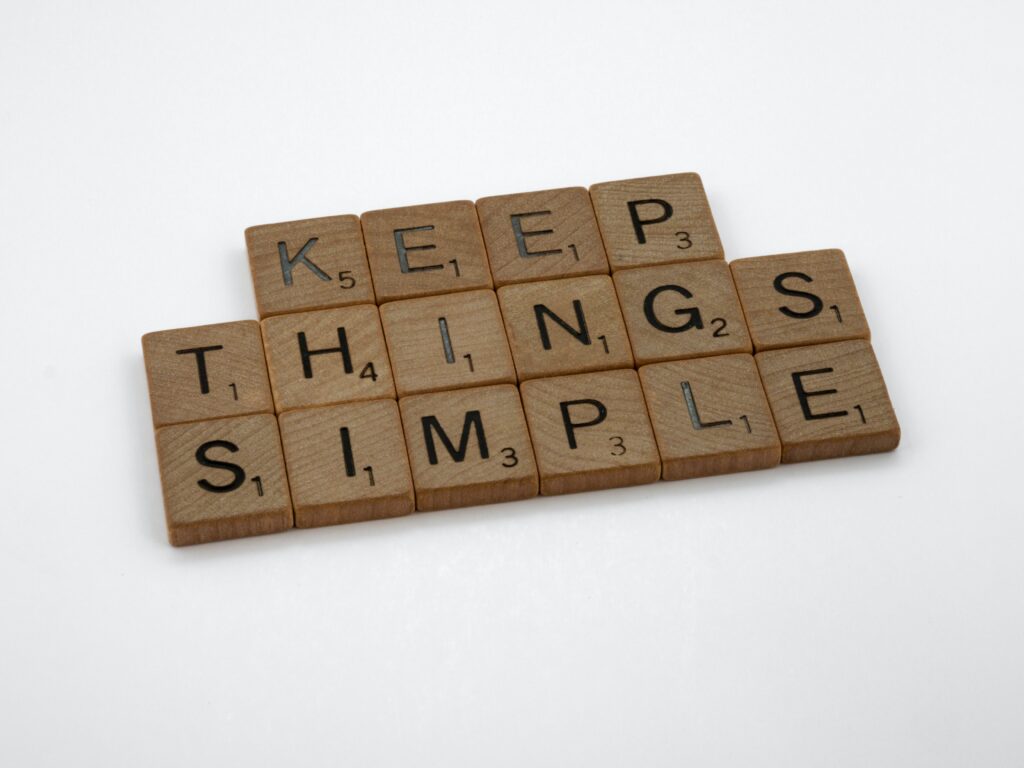By Chaz Fahrner, CFP®, EA
According to the American Psychological Association, 72 percent of Americans are occasionally stressed about their finances and 22 percent feel extremely stressed about their finances. One of the biggest culprits for financial stress is the creation of unnecessary complexity. When we get busy, we tend to procrastinate and put our finances on the back burner. As a result, many people find keeping track of their assets and financial obligations daunting, confusing and time consuming. As a Wealth Advisor, one of my goals is to help clients reduce financial stress by consolidating, automating and simplifying their financial lives. Applying the following tips will help you create good financial habits that will ease the burden of tracking your finances and create more time for you to do the things you enjoy.
Consolidate Investment Account
The average baby boomer has worked 12 jobs over the course of his or her career which is why many people have opened or enrolled in various financial accounts with their old employers. For those who don’t make the effort to consolidate may end up with accounts scattered across multiple custodians and different financial advisors. No wonder there is stress and confusion. One way to ease this complexity is to take the time and consolidate your finances where you can. Once this is done, you will have clarity and know what you have, where it is located and how it’s invested. There are other benefits to consolidating investment accounts: easier account monitoring, one investment approach with complete oversight, and simplification when your required minimum distributions start.
Set up Automatic Investing
The “Set it and Forget it” method is a technique to simplify your investing habits. The most effective way to do this is by creating a monthly automatic contribution to your investment accounts from your bank or payroll. Automating this task saves you time because you don’t have to write a check or set up a transfer. This tool is available through most investment custodians, including your 401k account provider at work. The challenge to the auto-invest approach is to make sure your investment allocation is aligned with your retirement date and risk comfort. If you’re unsure, a Financial Advisor can help with that.
Set up Automatic Payments
Auto-pay is an arrangement of linking your bank account or credit card to your financial obligations and having the money withdrawn on a specified date to pay them. You can set it to go out weekly, biweekly, monthly or some other specified arrangement. You can also receive electronic statements and review them to make sure there are not any unauthorized transactions. I set up automatic payments for utilities like water, gas and electric, the one credit card that I pay off each month and my mortgage.
Consolidating Banking Accounts
Do you bank with several different financial institutions? Tracking and managing different bank accounts can be cumbersome and confusing. Utilizing one bank account will help you see your deposits and withdrawals easily, while saving time and money in fees. The only time I would advise opening a different checking or savings account is if you have more than $250,000 in your checking and savings account combined. Then it is advisable since the FDIC only protects deposits of up to $250,000 at each banking institution.
Consolidating Credit Cards
The average American carries 5 credit cards. This means on a monthly basis you must reconcile 5 statements, pay 5 different bills and send 5 different stamped envelopes. Monitoring multiple credit cards is overwhelming and you could miss fraudulent charges or even forget to pay your bill, leading to potential high interest and penalty charges. Simplicity is our goal. Pick one credit card that gives you the biggest personal benefit and cut up the other cards. Using a credit card comes with a warning; I never recommend using a credit card and carrying a balance from month to month. I realize many people use them to accumulate points and mileage. However, this is only beneficial if you pay off your credit card each month before high interest charges accumulate.
Pay off Debt
Debt can be the biggest source of stress and cause the most struggles to financial well-being. This tip will not apply to everyone, but if it does apply to you, paying off debt may be the most powerful way to simplify your financial life. Debt is often necessary if you are taking out student loans or you are buying a home. However, debt can cripple you if you carry a high interest credit card balance from month to month or take out high interest loans. There are a few ways to approach paying off debt, but my favorite is to stack your debts from smallest to largest and tackle the smallest debt first. This will give you some wins with the smaller debts and motivate you to continue the process of getting everything paid off.
Go Paperless
Going paperless on all financial statements is a great way to reduce clutter and confusion. Setting up electronic statements will help you reduce your mail load, ease environmental impact, help protect you from identity theft and potentially save on the fees some companies charge for paper statements. Most financial institutions have paperless options and this can be accomplished by updating your profile online or calling in to request the change.
Financial stress is common, but implementing these tips will significantly reduce stress and confusion while providing clarity to your overall picture. By consolidating, automating and simplifying you can attain financial harmony and know that you’ll have time and money for the things that are important to you.

